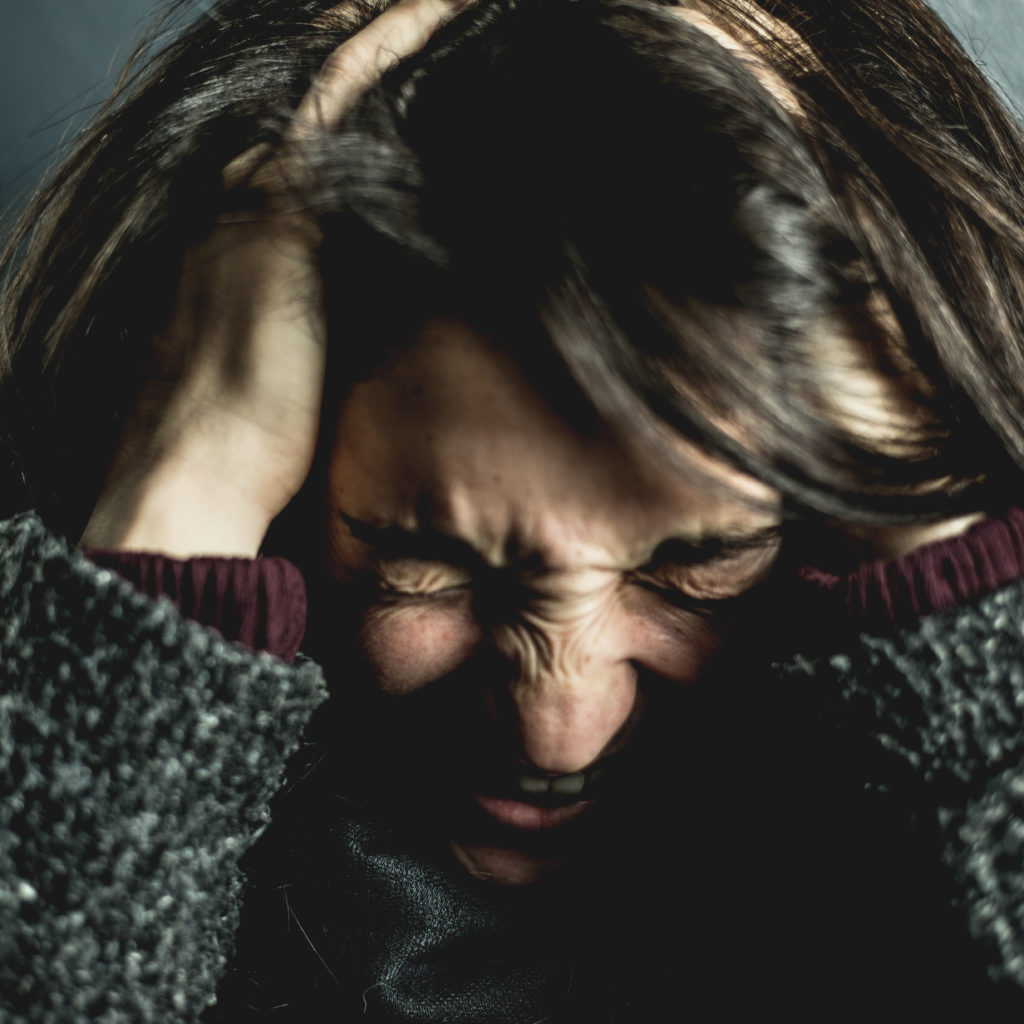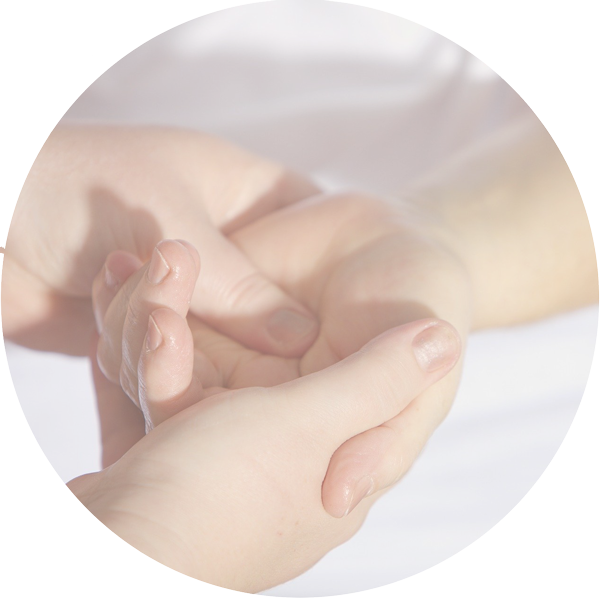An evidence-based approach to prevent and reverse chronic disease.
Read MoreDiscover whether symptoms are stress-related
There are amazing technologies and medical professionals today that can help us know WHAT is going on with our symptoms. But when it comes to understanding WHY, we can be left guessing. It’s an important question though – because when we know WHY this can signpost us to recovery from chronic symptoms.
Possible reasons for symptoms
When we have symptoms we may wonder whether it is:
- Hereditary
- An old injury
- Physical weakness or susceptibility
- Related to our lifestyle choices.
Yet within these considerations, we can still be left wondering why symptoms come and go, inexplicably. This uncertainty about why symptoms started and when they might return can really create concern as well as a feeling of powerlessness and fear over what is to come as symptoms may increase.

Could it be stress?

You may have an inkling that stress sometimes affects your body. You may have noticed:
- Exhaustion, aches and pains after a stressful period
- Digestive changes alongside stress
- Insomnia during stressful times
- Headaches, migraines following stress
- …or many other connections between stress and your symptoms.
The impact of stress
Research is showing more and more just how important it is to not underestimate stress. In the United Kingdom in 2019, over 8.6 million appointments were due to chest pains which were driven by stress-related mental illnesses.
Stress changes the balance in our body, flooding our body with stress hormones, making it harder to get a good night’s sleep, which affects our body’s capacity to rest, repair and regenerate. It creates anxiety and mood swings, tension and impacts every system in our body.
It is not “just stress”. Because stress is so common and we haven’t always fully understood the impact, historically it has been minimised.
The problem with stress is that sometimes – when it is intense or prolonged – it can linger in our body, long after the event, long after we think we have forgotten it.

Residual stress in our body

Sometimes when stress goes on for too long or is too intense for us in the moment, our body steps in to help us cope. Just as we can create coping mechanisms in our behaviours and thoughts, our body can create physical coping mechanisms by making changes.
For example, if we feel we are carrying a very heavy responsibility for too long, our shoulders may begin to adapt, trying ultimately to get stronger to help us bear this burden, yet this imbalance leads to tension, pain, immobility and chronic symptoms.
Every organ, tissue and cell in our body is continually listening. Our body is on our side and will absorb the toll of excessive stress.
Are symptoms a sign of stress in our body?
When stress gets stored in our body, it’s not something we can see. Our bodies are energetic as well as physical, science has shown this. Our symptoms are the products of our physical bodies – as well as what we think and feel about what we experience in our lives.
Try this short, simple tapping exercise below to explore your symptom and discover whether stuck stress, energy or emotions are playing a part in keeping your discomfort stuck.
Download the free tapping points PDF below to learn this simple technique,
which can also help to reduce stress and emotional intensity and shift limiting thoughts.
Start exploring your 'why'
Find and address the root causes that keep symptoms recurring. Book a free no obligation chat to find out how this approach could help you release the pressure. All side effects are positive.
Begin your upward spiral to health and well-being
The stress response – our bodies natural rhythms
Understand your body's natural rhythm and the signs of imbalance. When we are living in survival mode, or chronic stress,...
Read MoreMindful touch – listening to the body to support self-healing
Presence and intention through touch create a powerful potential for healing.
Read More4-7-8 breathing – natural tranquilliser for insomnia
A quick, simple and effective tool to support difficulty falling or staying asleep.
Read More



